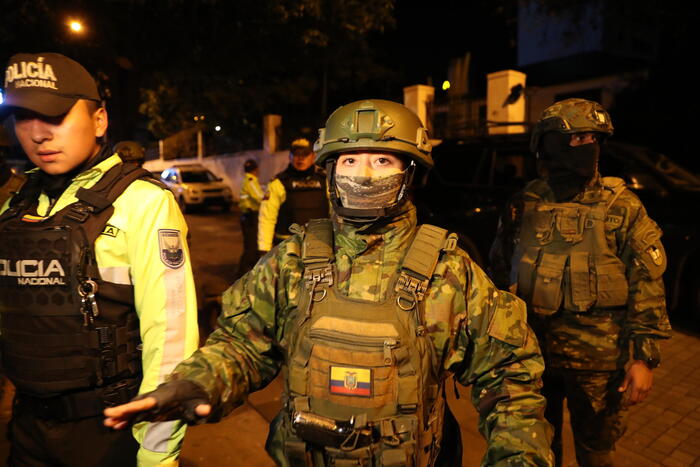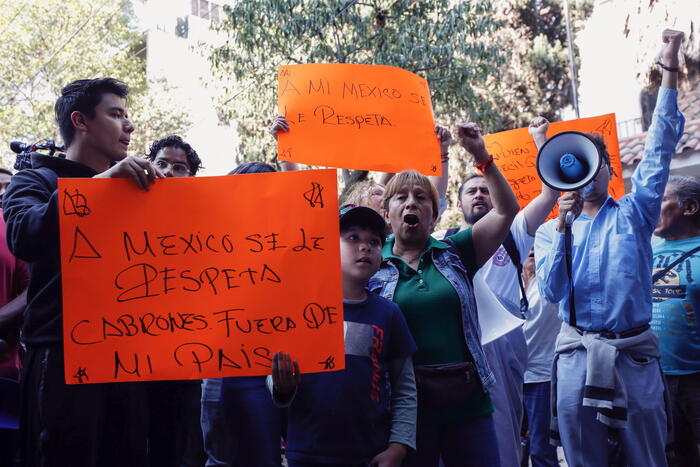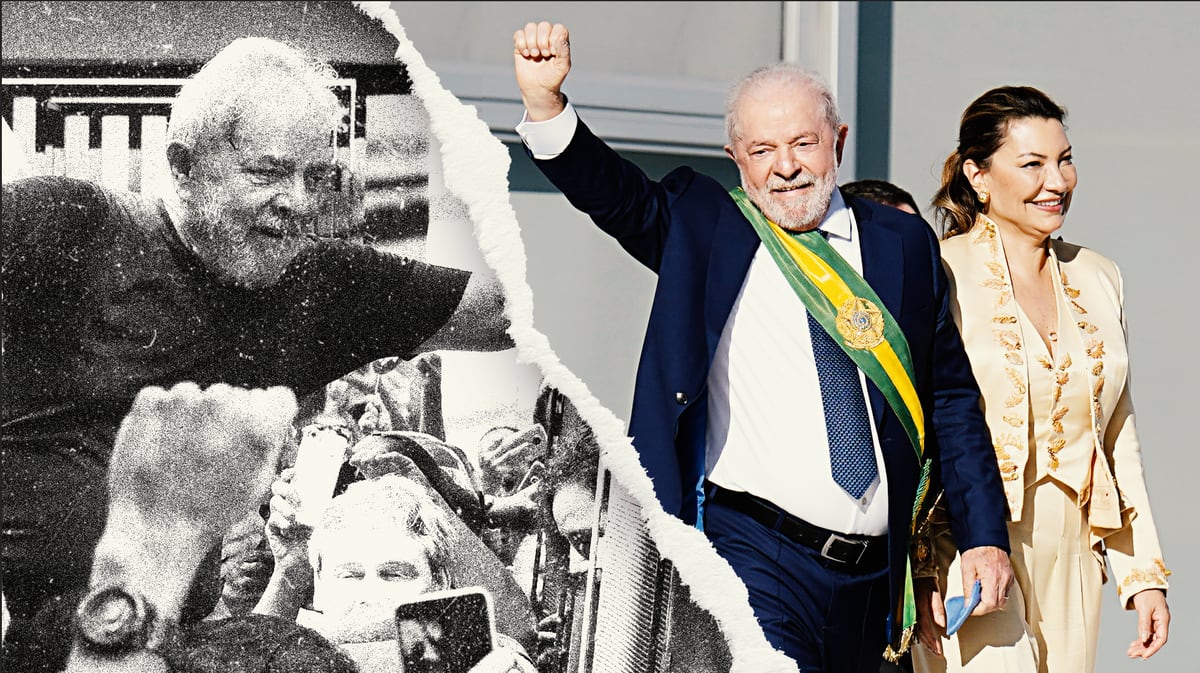Editor's note:
Roberto Rave is a political scientist with a specialization and postgraduate degree in International Business and Foreign Trade from the Externado University of Colombia and Columbia University in the United States. He also has studies in Administration from the IESE University of Spain, and is a candidate for the Master of Business Administration from the University of Miami. He is a columnist for the Colombian economic newspaper La República. He was chosen by the International Republican Institute as one of the 40 most influential young leaders in America. He was an advisor to the Congress of the Republic of Colombia in 2016, and to the Medellín Mayor's Office in 2018, as well as founder of the Libertank think tank. Follow him on Twitter. The opinions expressed in this column are solely those of the author.
(CNN Spanish) --
Perhaps they have been the most convulsive years that the new generations have experienced.
A pandemic has tested the governments of the world, their economies, their spirit of solidarity and, above all, their ability to reinvent themselves in the midst of uncertainty, which is -without a doubt- the perfect definition of what we all suffer today: deep uncertainty.
The test has not only been one of resilience, but also of criteria to face as citizens the populisms full of unattainable utopian solutions to the problems we suffer.
Populism is not an ideological model, but rather a tool, a method used to sell unattainable ideas.
In the midst of these circumstances, it is worth asking about the year we are starting and its prospects.
According to the International Monetary Fund, the Latin American economy will be the one with the lowest growth during 2022. China's will grow 5.6%;
United States, 5.2%;
Middle East and Central Asia, 4%;
Europe, 4.3%;
Sub-Saharan Africa, 3.8%, and Latin America and the Caribbean, only 3%.
Within the Latin American region, the perspectives indicate that Colombia will be the nation that will grow the most in 2022, with 3.7%.
They are followed by Peru, with 3%;
Mexico, with 2.9%;
Argentina, 2.2%;
Chile, with 1.9%, and Brazil – where there will be elections this year – will grow 0.5%, according to the United Nations Economic Commission for Latin America and the Caribbean (ECLAC).
In the midst of the economic crisis, the pandemic of populism of all kinds has resurfaced in our region. We have leaders like the elected president of Chile, Gabriel Boric, who talks about creating new taxes on companies, applying a mining royalty, and eliminating banks as a source of financing for the educational system. Xiomara Castro, from Honduras, has in her proposal plan to create a Constituent Assembly to rewrite the Constitution; and economic matters such as the elimination of the collection of tolls throughout the territory. Added to this are the governments of Mexico, with the famous presidential plane raffle (which resulted in something else) and the nationalization of the energy industry or Pedro Castillo in Peru, with his repeated campaign proposal to rewrite the Constitution and increase taxes.In the first days of President Castillo, its currency experienced a sharp fall due to the flight of capital abroad. Long before this, in Bolivia we had Evo Morales, who changed the Constitution to be able to stay in power for more than 10 years. Some positions such as that of Bolsonaro, who for a long time promoted an anti-vaccine and disinformation culture about covid, are also disillusioning.
In my opinion, these governments share the idea of a larger State, translated into more taxes, more control over the economic, social and educational system and fewer economic and individual freedoms. What happens with the prescription of the increase of the State and the increase of more taxes for the companies? Economic growth depends largely on the development of companies, which are generators of formal jobs and wealth. When a company leaves a country, it leaves a trail of poverty and vulnerability in its wake. Ronald Regan said well: "The best social program is a job."
In addition to these events, in 2020 the covid-19 pandemic “had a strong negative effect on the investments of transnational companies. In Latin America and the Caribbean, US$ 105,480 million entered by way of foreign direct investment (FDI), which represents some US$ 56,000 million less than in 2019. In this way, in 2020 the lowest value of the last decade was reached ”, according to the ECLAC report on investment in Latin America and the Caribbean. In turn, inflationary pressure is incorporated into the economic equation as a result of logistical complexities and the strong reactivation of demand.
In conclusion, 2022 will be a year of great challenges for Latin America.
Perhaps the greatest of them will be to take a step forward, leaving behind the old populist ideas that insist on imposing larger States, with more bureaucracy, while discouraging the generation of more companies and more employment.



/cloudfront-eu-central-1.images.arcpublishing.com/prisa/RHYRDMQQ7BG5JOUSKAXBLKE6YE.jpg)





